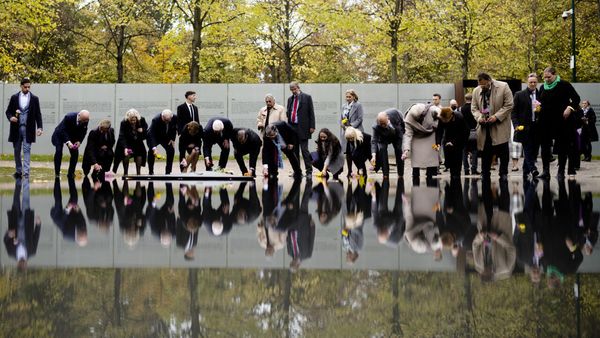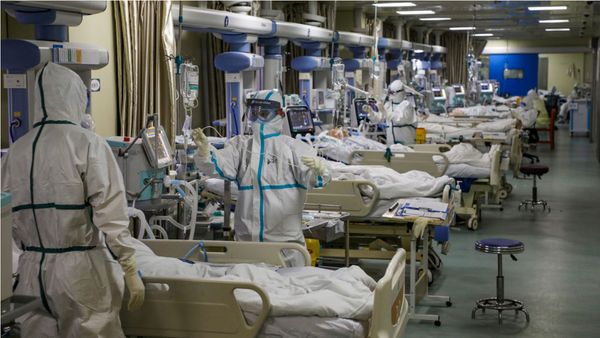Australia will provide $110 million in further assistance to Ukraine, bringing its total support to $790 million during the conflict.
The new package includes 70 military vehicles, artillery ammunition and $10 million to the United Nations Office for the Coordination of Humanitarian Affairs, which manages the Ukrainian Humanitarian Fund, to assist with shelter, health services, clean water and sanitation.
Australia will also extend duty-free access for goods imported from Ukraine for another year.
Of the total $790 million Australia has provided, $610 million has been in military assistance.
But Australia still has not returned its ambassador back to Ukraine, despite many other countries having done so.
Prime Minister Anthony Albanese said the extra support “will make a real difference, helping the Ukrainian people who continue to show great courage in the face of Russia’s illegal, unprovoked and immoral war”.
Defence Minister Richard Marles said Australia was “one of the largest non-NATO contributors in support of Ukraine, and will continue to support Ukraine to end the war on its own terms”.
Foreign Minister Penny Wong said “Russia cannot be allowed to infringe upon another country’s sovereignty and territorial integrity”.
Ukraine’s ambassador to Australia, Vasyl Myroshnychenko, welcomed the latest assistance, pointing to the importance of transportation capability in the war, and expressing his thanks to the prime minister.
Opposition leader Peter Dutton said the package didn’t go far enough: “this has taken too long and is too little”.
Russia loses court bid over embassy lease
Meanwhile, the High Court on Monday dismissed Russia’s attempt to challenge the government’s cancellation of its lease of a site for a proposed new embassy near Parliament House. The lease was quashed on security grounds.
Albanese told the media: “The court has made clear that there is no legal basis for a Russian presence to continue on the site at this time, and we expect the Russian Federation to act in accordance with the court’s ruling”.
Soon after the decision, a Russian diplomat who had been squatting on the site departed.
Michelle Grattan does not work for, consult, own shares in or receive funding from any company or organisation that would benefit from this article, and has disclosed no relevant affiliations beyond their academic appointment.
This article was originally published on The Conversation. Read the original article.







